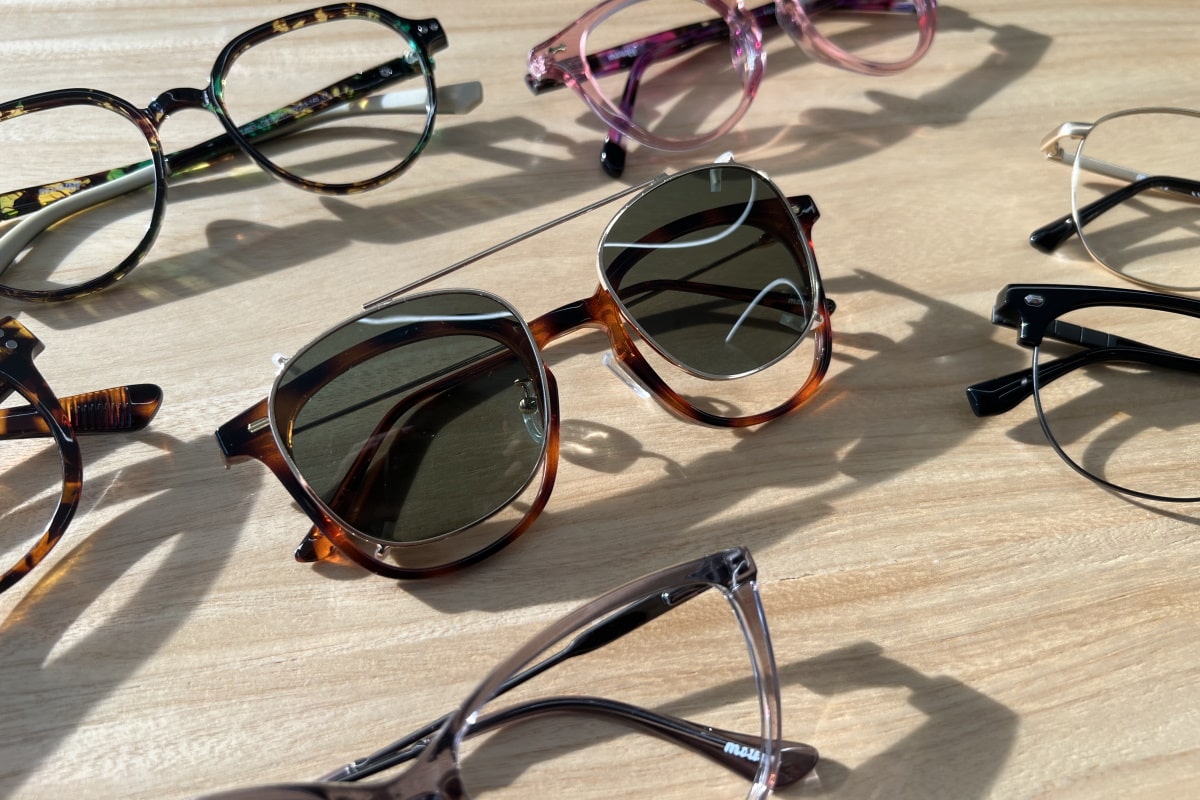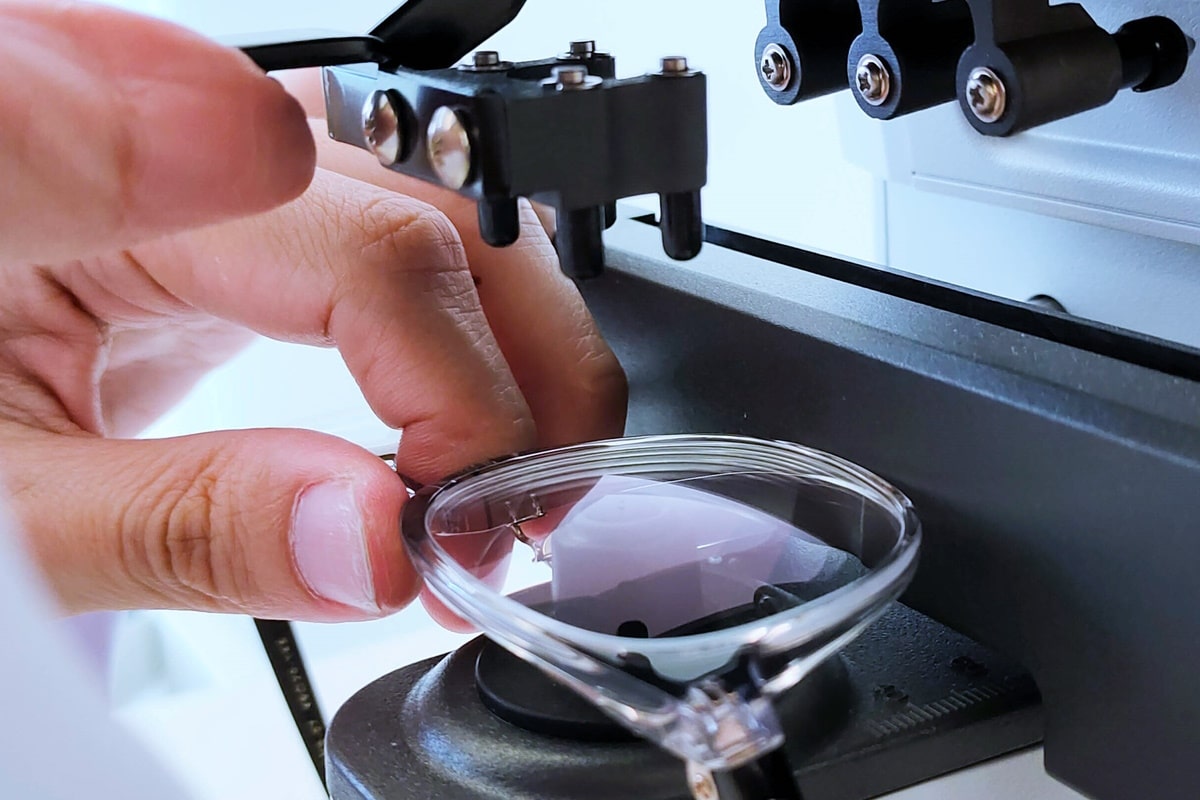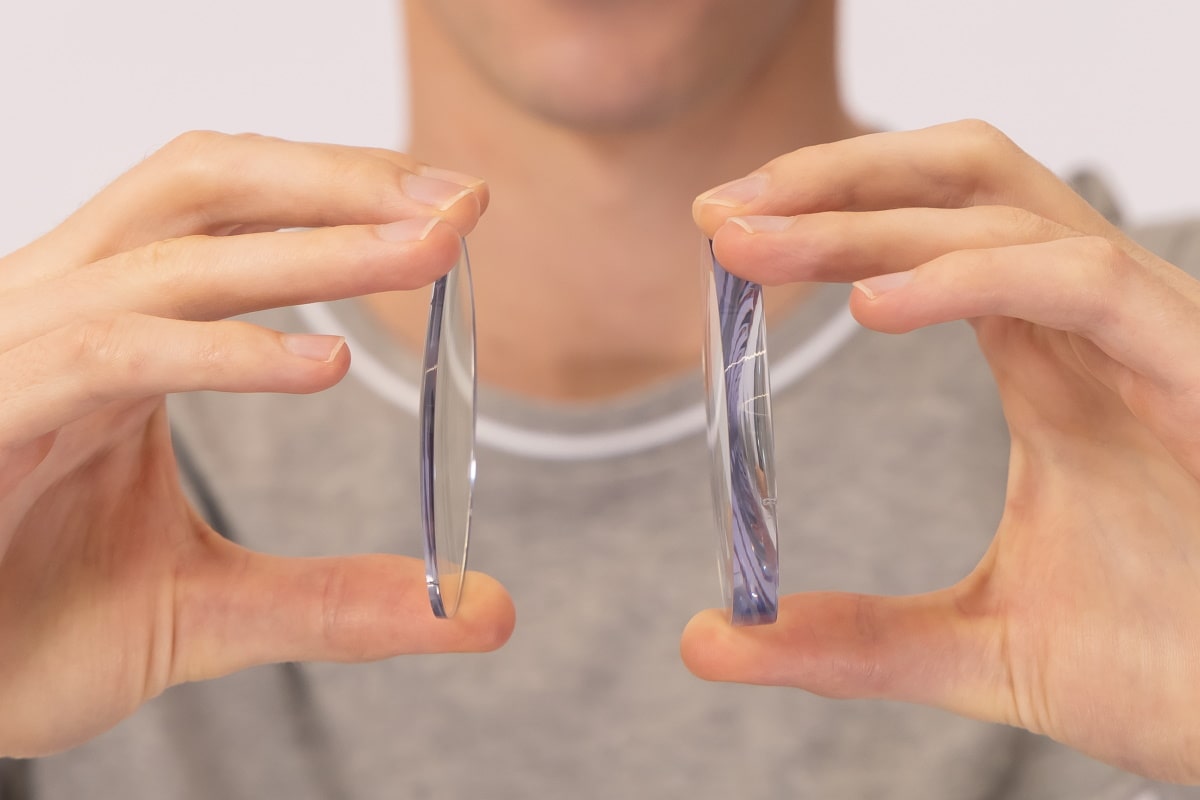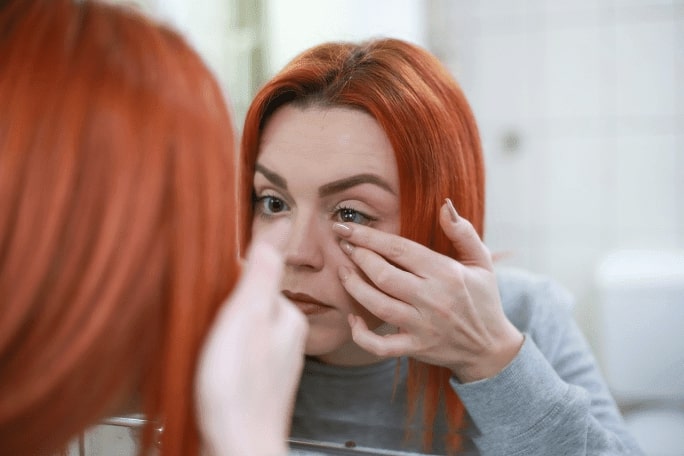Why Is My Vision Blurry at Night?
Do you have trouble seeing clearly at night? Even when the streets are lit with the rays of cars and street lamps?
There’s a chance you’re dealing with something known as nyctalopia – commonly known as night blindness. Read on to learn more about night blindness and what you can do about it.
What is bad night vision or night blindness?
Seeing in the dark is what many would consider a superpower, or at least something to write home about. While human beings cannot see in the dark, we’ve found various ways to illuminate it.
However, not everyone can see at night even with average illumination. If you have night blindness, you may struggle to see clearly at night or in low light conditions.
Here are a few common symptoms of night blindness:
- A sensitivity to light
- Seeing halos or glare around lights
- Struggling to see well in low light conditions
- Takes a long time to adjust to a well lit room after being in the dark
- Difficulty driving at night
What causes poor night vision/night blindness?
Now, night blindness itself is not a disease, rather it’s typically a symptom of an underlying eye condition. Here are a few eye conditions which can result in night blindness:
- Myopia (nearsightedness)this is when you can see objects close to you clearly, while far away objects appear blurry. Research shows that about 41.6% of Americans are nearsighted.
- Cataractsis when there’s a breakdown of proteins in your eye’s lens which causes them to get cloudy. The results are that things begin to look less colorful, and more hazy, and blurry.
- Glaucomais a set of eye diseases that result in loss of vision and blindness by damaging your optic nerve.
- Vitamin A deficiencywhile it isn’t an eye condition, a vitamin A deficiency can result in night blindness. In fact, night blindness is one of the first signs of a vitamin A deficiency.
- Retinitis Pigmentosathis is a group of rare, genetic disorders where there is a breakdown and loss of cells in the retina. People with this condition lose their sight over time but don’t become totally blind. Besides night blindness, it can also result in tunnel vision, which means there’s a loss of peripheral (side) vision. This is caused by usher syndrome which is a hereditary condition that causes partial or complete hearing loss as well as gradual vision loss.
How is night blindness diagnosed?
Night blindness is diagnosed by your eye doctor by administering a comprehensive eye exam. During this examination, your eye doctor will ask you about your medical history as well as perform tests to determine any signs of eye disease as well as assess the condition of your eyes.
Numerous eye doctors utilize the Pelli-Robson contrast sensitivity chart to pick up any sign of night blindness. The chart consists of numerous rows of letters in various shades of gray on a white background.
While performing the test, your eye doctor will ask you to identify the letters on the chart. As you move your eyes down the chart, the letters will seem to be in lighter shades of gray as the contrast of the white background is decreased.
Another way your eye doctor may test for night blindness is by testing your vitamin A and glucose levels via a blood test.
How is night blindness treated?
Night blindness treatment depends on the cause. Since there are various causes for night blindness, it stands to reason that there are various treatments.
1. Treatments for myopia (nearsightedness)
If your night blindness is caused by nearsightedness, then it can be resolved by wearing corrective lenses. These are usually eyeglasses or contact lenses with the appropriate prescription.
2. Treatments for cataracts
If the cause for your night blindness is cataracts, then the treatment would be surgery. During the procedure, your surgeon will use an artificial lens to replace the cloudy one in your eye. This should drastically improve your night blindness.
3. Treatments for glaucoma
If your night blindness is due to glaucoma, then treating the disease itself is the way to prevent night vision from worsening. Treatment can vary and include laser treatment, medicated eye drops, or even surgery. Although treatment can slow down the progression of glaucoma and even improve contrast sensitivity in some cases, it is not a cure. If you lose vision from glaucoma, the damage is irreversible.
However, it is important to note that specific glaucoma medications known as miotics can cause the pupils to contract, which can reduce your night vision. If you noticed your night vision decreasing after taking your glaucoma medication, then speak with your eye doctor about what to do next.
4. Vitamin A deficiency
A common source of night blindness is vitamin A deficiency. If this is the reason for your night blindness, then it can be easily treated with vitamin A supplements. As the levels of vitamin A in your system begin to normalize, your night vision should as well.
5. Hereditary conditions
Genetic diseases such as Retinitis Pigmentosa or Usher syndrome are not treatable. This is because the genes that cause the deterioration of your vision don’t respond to either surgery or any type of corrective lenses.
How can night blindness be prevented?
The old adage “prevention is better than cure” will always be true. However, in the case of night blindness, it does not always apply. Sad to say, in the case of genetic conditions, such as Usher Syndrome and Retinitis Pigmentosa, night blindness cannot be prevented.
However, besides genetic conditions, you can prevent night blindness through lifestyle changes that benefit your ocular health.
1. Get routine eye exams
Routine comprehensive eye exams are key in detecting signs of ocular disease before symptoms develop. During your eye exam, your eye doctor will use imaging techniques and diagnostic tools to inspect your retina as well as inside your eye to find any signs of damage.
A routine eye exam can make a huge difference in finding any early signs of eye disease, thus increasing your chance of recovery.
2. Maintain healthy vitamin A levels
Keeping your vitamin A levels in check is a great way to prevent night blindness. You can do this by eating foods rich in vitamin A and taking supplements. Besides preventing night blindness, having a vitamin A rich diet can help protect your retinal health and delay the early onset of cataracts.
Here are a few foods rich in vitamin A:
- Milk
- Spinach
- Pumpkins
- Sweet potatoes
- Mangoes
- Carrots
- Eggs
3. Wear sunglasses outdoors
Sunglasses aren’t only a great way to accessorize an outfit or look cool, they also protect your eyes. While the sun is great, extended exposure to its harmful UV rays can damage the proteins in your eye’s lens, which can cause cataracts.
4. Exercise frequently
Working out at least three times a week can do wonders for your waistline, muscles, and mental health. But did you know that it can also help protect your eyes? Research has shown that working out at least three times per week can reduce your risk of many eye conditions. It does this by lowering eye pressure as well as blood glucose levels.
5. Update your optical prescription
If you’re nearsightedness, ensure that your prescription is updated so that you have the clearest vision possible. Outdated optical prescriptions can lead to blurry vision during the day and night.
Wrap up
Night blindness is a serious issue that impairs many people’s ability to see at night. As mentioned, those with some genetic conditions cannot do much to help their night blindness because there is no cure at this time.
However, most cases of night blindness can be rectified with either a change in lifestyle, lens (contacts or glasses), or surgery. If you feel you have night blindness, schedule a session with your eye doctor and take it from there.

Written by:
Orane Ennis

Reviewed by:
Dr. Melody Huang












